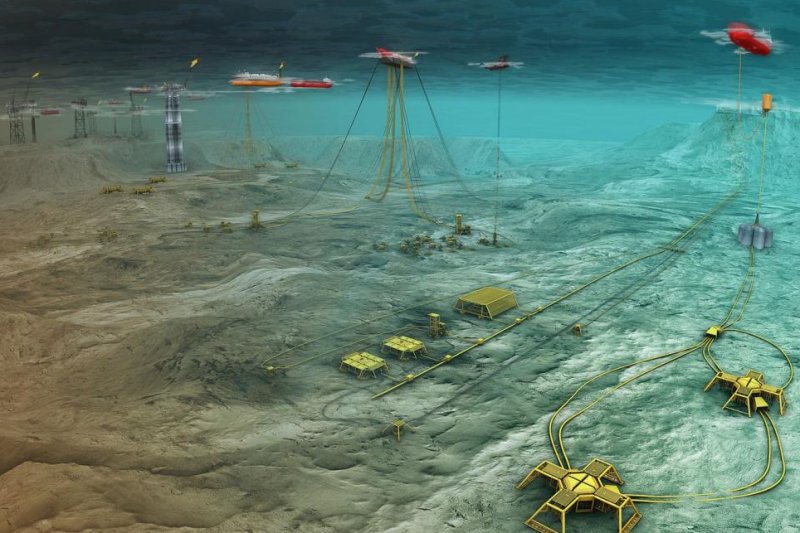TechnipFMC secures agreement to assist with the buildup of the subsea infrastructure in Brazil. Image courtesy of TechnipFMC
July 17 (UPI) -- A three-year agreement for work in offshore infrastructure covers Brazil, one of the world's emerging oil leaders, TechnipFMC said Tuesday.
The French field services company said it secured the agreement, which includes a two-year renewable option, with Petróleo Brasileiro, known more commonly as Petrobras. The agreement covers infrastructure like underwater pipelines.
"We are extremely pleased to have won this important services agreement. It reinforces our long-term commitment to Petrobras' ongoing and future operations," Hallvard Hasselknippe, the president of TechnipFMC's subsea business, said in a statement.
In June, TechnipFMC announced its partnership with DOF Subsea started an eight-year contract with Petrobras for use of construction vessel Skandi Recife. The vessel was chartered to lay pipelines in the deep waters of the Campos, Santos and Espírito Santo oil basins off the coast of Brazil.
Brazil last month held its fourth auction for the rights to bid on four areas outlined in the 1,634-square-mile offering. Three of the areas were snatched up in what turned out to be a record-setting bidding round for the country.
Brazil ranks second behind Venezuela in terms of proven oil reserves in South America. Its Libra field alone holds between 8 billion and 12 billion barrels of recoverable reserves.
Economists at the Organization of Petroleum Exporting Countries said in their market report for July that non-member state production was accelerating. The main contributors to growth were the United States, Brazil and Canada.
Non-OPEC supply next year is expected to increase 2.1 million barrels per day, with Brazil accounting for about 20 percent of that growth.















